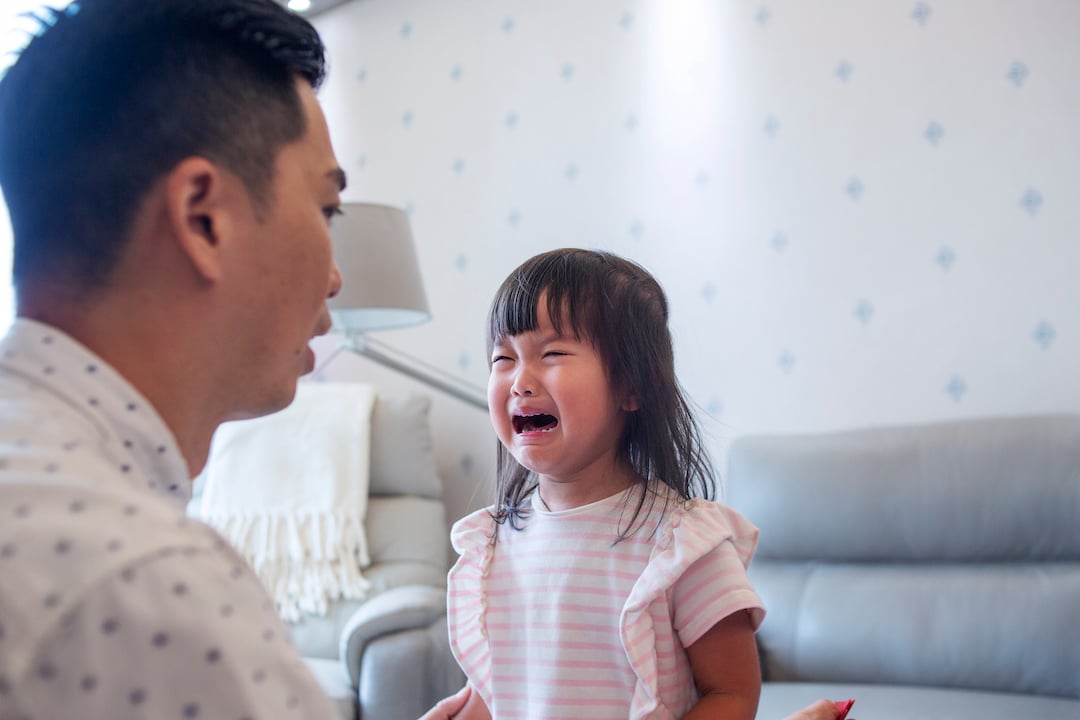Are time-outs toxic"

David Rettew is a child and adolescent psychiatrist and associate professor of psychiatry and paediatrics at the University of Vermont Larner College of Medicine. His new book, Parenting Made Complicated: What Science Really Knows about the Greatest Debates of Early Childhood, was released this year.
Your four-year-old son has just thrown a block at his little sister for taking one of his toys. She?s crying, he?s yelling, and you?re right in the middle with a decision to make.
Now what"
For years, parents have turned to the time-out as the appropriate response. The child is told to sit in a chair or go to his room for about four minutes (one minute per year of age) before there is a brief discussion about what happened and how to improve next time. Then all is forgiven. Lately, however, the time-out has come under fire for being too harsh. This development seems a bit ironic to a lot of parents who, after all, chose the time-out as an alternative to harsher forms of discipline like spanking. But an increasing cadre of experts now advocate for ?time-ins? when a child misbehaves?especially if it involves a child becoming dysregulated (which means getting really upset with crying, yelling, body shaking and, for some, aggressive and destructive actions). With a time-in, the parent actively engages and soothes the child before having that same debriefing talk rather than chastising them for the behavior and leaving them to cool down on their own. The process involves ...
| -------------------------------- |
|
|
Finding the Right School with John Catt Educational
31-10-2024 06:53 - (
moms )
Nine reasons to join Year 9 at Millfield
30-10-2024 06:58 - (
moms )













